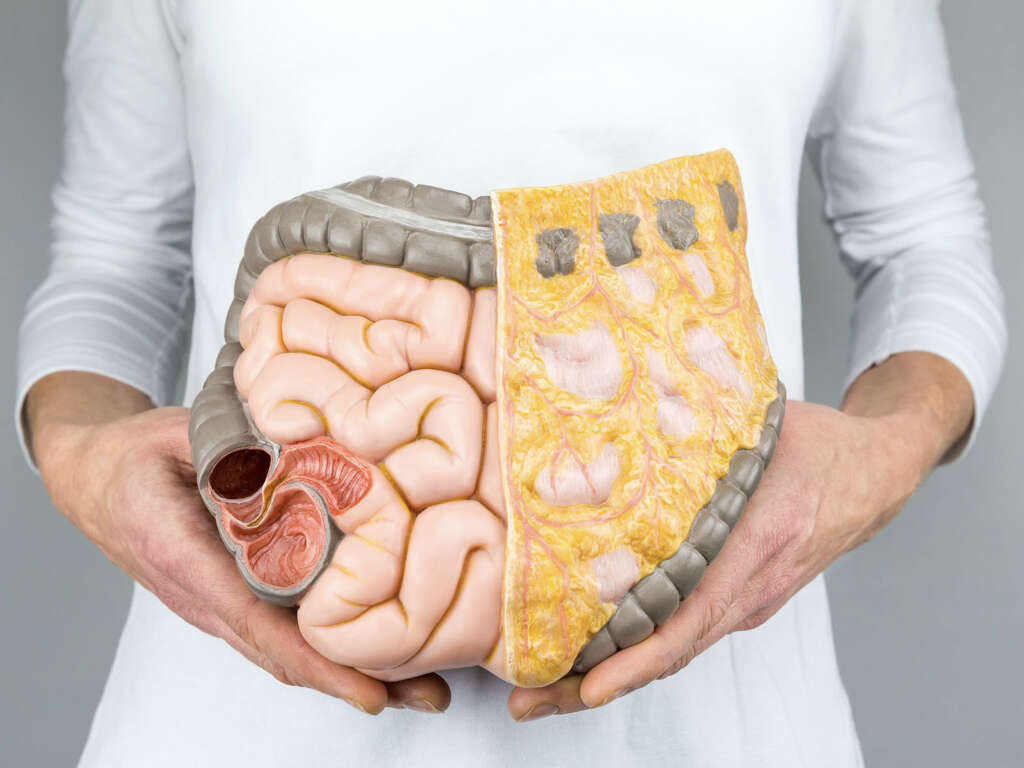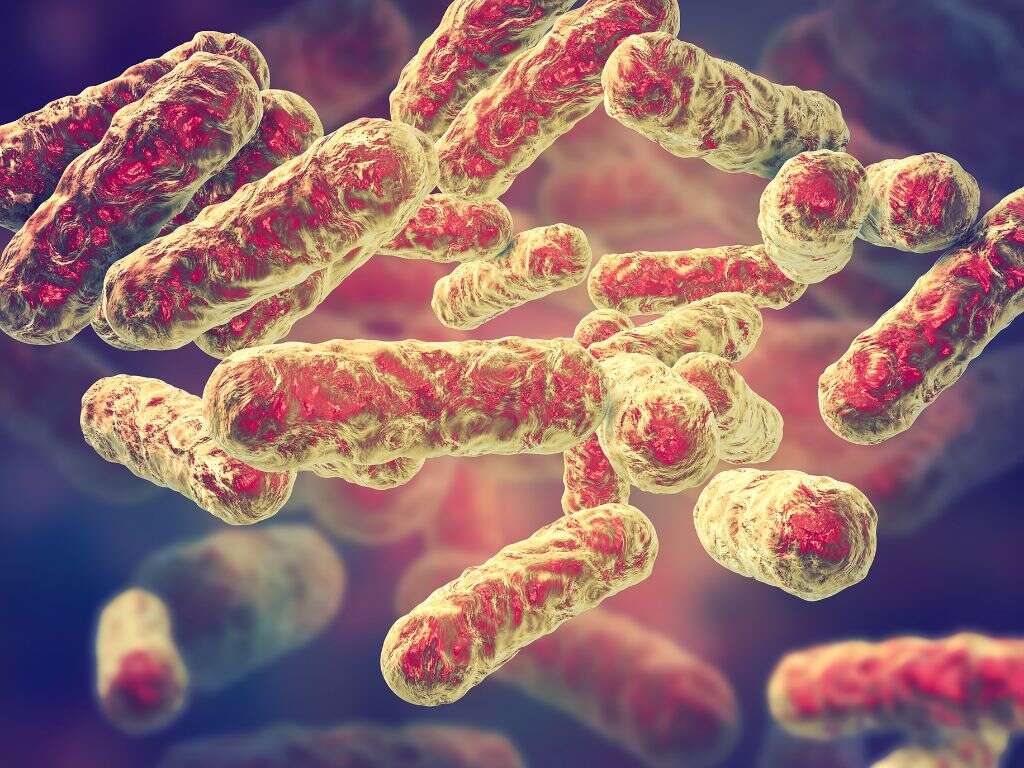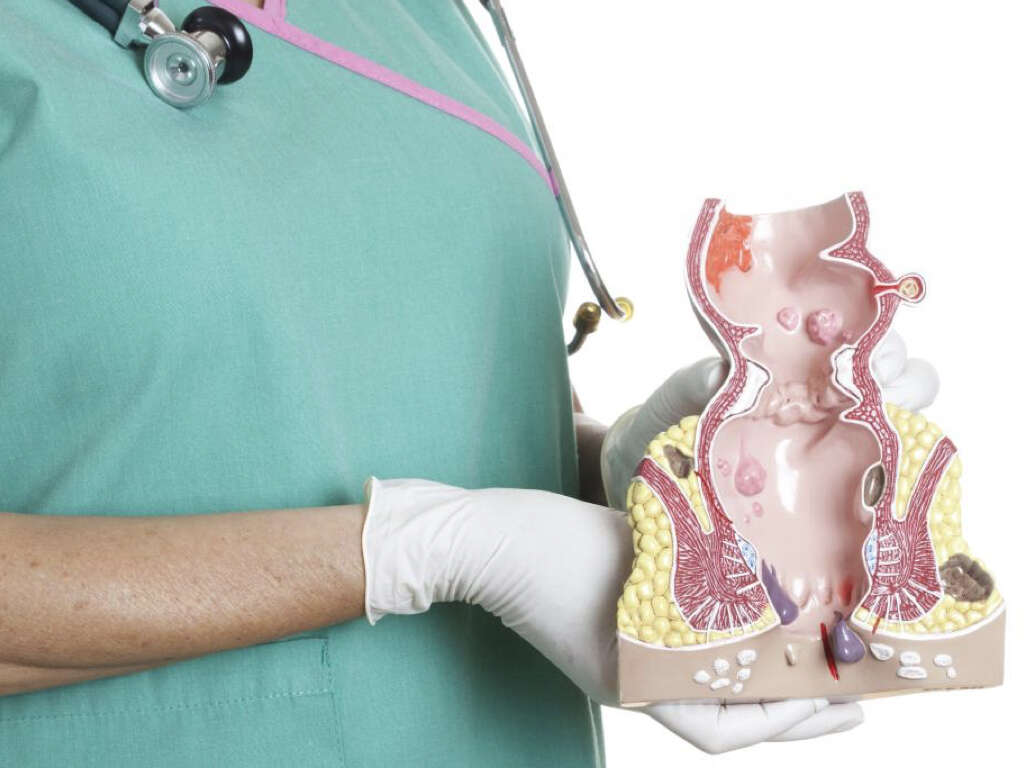10 Diarrhea Remedies
Diarrhea is a condition that occurs when there are three or more loose bowel movements per day. There are many causes of diarrhea but the primary mechanisms that happens are: increased fluid secretion in the intestines, less time for stool to exit the intestines, or less fluid absorption from the intestines. The symptoms of diarrhea are generally similar which includes abdominal pain, cramping, increased frequency of bowel movements, and loose stool. Fever and other symptoms may or may not be present depending on the cause of diarrhea.
In most cases, diarrhea usually lasts a few days but when it lasts for several weeks, it can be an indication of a serious underlying disorder such as inflammatory bowel disease, irritable bowel syndrome, or persistent infection. The complications of diarrhea that can happen are dehydration, anal irritation, and electrolyte imbalances. In severe cases, the loss of fluids and electrolytes can be fatal. Here are 10 diarrhea remedies that may help.

Diarrhea Remedy #1: Hydration
Hydration is extremely important when you or someone you love experiences diarrhea. Since diarrhea can cause dehydration, it can be fatal especially in younger children and the elderly. For infants and toddlers who experience diarrhea, it is best to continue breastfeeding or formula feeding them. There are over the counter oral rehydration salts that are available in packets and these are the best for anyone who has diarrhea, even children.
If possible, small amounts of this oral rehydration solution should be given frequently throughout the day. It can also be easily made at home by dissolving six tablespoons of sugar and half a teaspoon of salt in one liter of drinking water. They even come in the form of popsicles! Sports drinks such can also be effective if oral rehydration salts are not available. Milk, alcohol, caffeinated or carbonated beverages should be avoided as it can worsen the symptoms of diarrhea.

Diarrhea Remedy #2: Probiotics
Probiotics refer to sources of good bacteria that can benefit your gastrointestinal tract by creating a healthier gut environment. These live microorganisms can usually be fond in foods such as cottage cheese, aged soft cheeses, kimchi, green olives, dark chocolate, kombucha, miso, sauerkraut, sourdough bread, pickles, yogurt, and more. It is also available in powder, pill, or liquid form. Good bacteria are essential as they play a crucial role in the normal function of the gastrointestinal tract by protecting it against infection.
Once the gastrointestinal system is overwhelmed by bad bacteria or other pathogens, diarrhea can occur. Probiotics help by reestablishing the balance of bacteria in the gut. For example, Saccharomyces boulardii is a yeast probiotic that can be used to improve traveler’s diarrhea by fighting off bad pathogens. However, in people who have inadequate immune systems, it should be used with caution. Remember that it is important to talk to your doctor before taking any supplements.
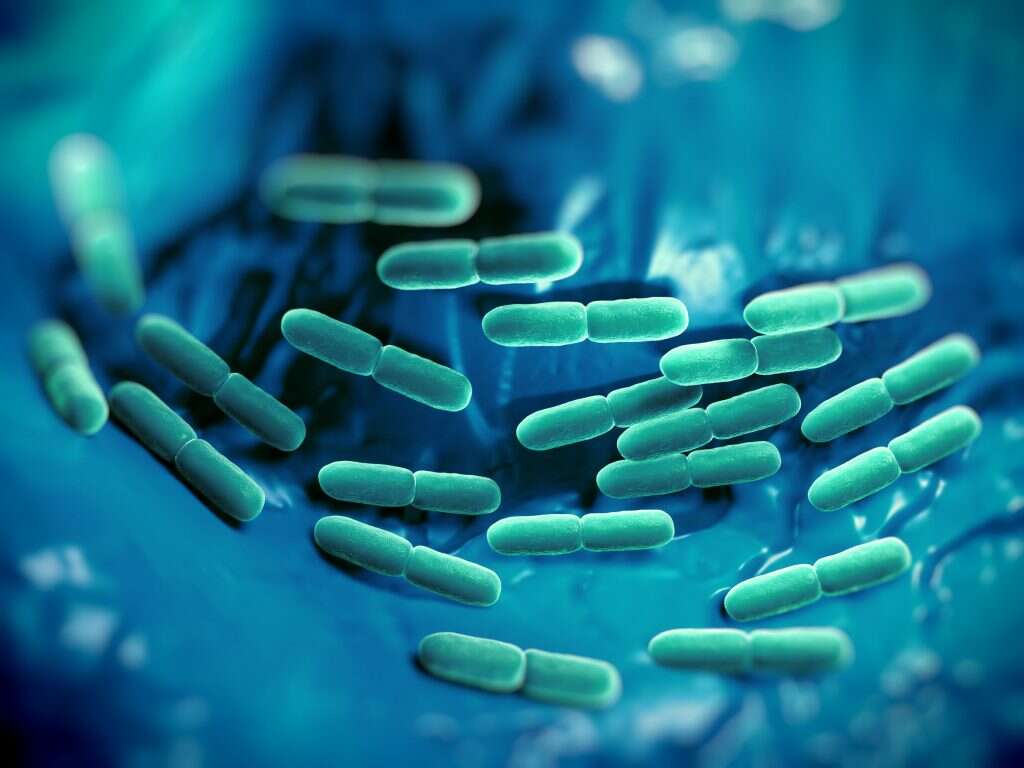
Diarrhea Remedy #3: Anti-motility Drugs
If the symptoms of diarrhea are not severe, there are several over the counter medications that can help with the symptoms of acute diarrhea. These medications only treat the symptoms, but they do not treat the underlying cause of the diarrhea. In cases of chronic diarrhea (diarrhea that lasts more than 14 days), the above drugs should not be used without the doctor’s consent.
In children, over the counter medications are not recommended without advice from a doctor. Infants who are under 3 months old should be seen by a doctor as soon as possible. In cases where there is a fever, bloody diarrhea, intense abdominal pain, worsening diarrhea, or experiencing symptoms for more than seven days, please seek medical attention.

Diarrhea Remedy #4: Bismuth Compounds
One of the most effective treatment for traveler’s diarrhea is bismuth salicylate. Although unclear how it works, it is thought to have antibiotic-like properties that could affect the bacteria causing diarrhea. The salicylate is anti-inflammatory. Both the salicylate and bismuth could reduce fluid secretion in the intestine. It is a well-tolerated compound that has minor side effects such as darkening of the stool and tongue.
However, this should be avoided in those allergic to aspirin and should not be used with other medications that contain aspirin. It can increase bleeding in those taking anti-coagulants, aggravate ulcers, should not be given to children and teenagers who may have viral infection, and should not be given to anyone under the age of 2 years old.
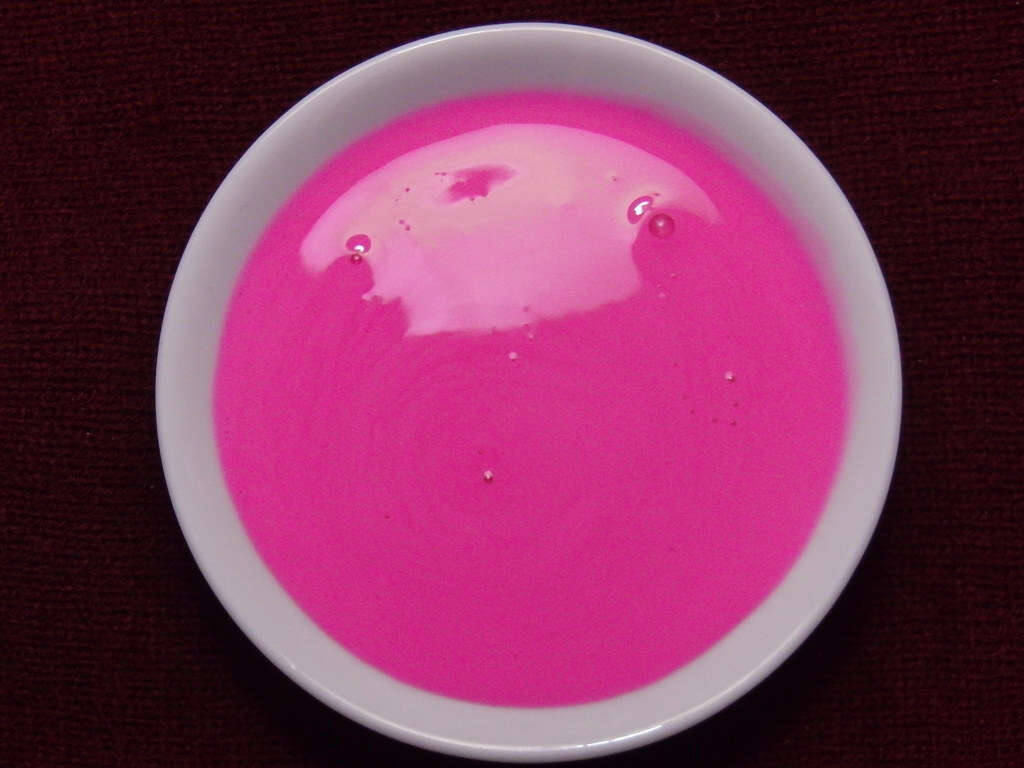
Diarrhea Remedy #5: Foods to Eat
Although it may seem as if eating may trigger your next episode of loose bowel movement, there are certain foods that can relieve diarrhea symptoms. Some of these foods are low-fiber foods that will increase the firmness of the stool as they are considered as “binding” foods. Some of the best foods to eat are bananas (B), white rice (R), applesauce (A), and toast (T), also known as the BRAT diet. The foods also help by replacing the nutrients that is lost through diarrhea.
There are also other foods that are usually well-tolerated such as boiled or baked potatoes without the skin, baked chicken without skin, oatmeal, and chicken soup. You can also sip clear juice or broth but avoid acid-based juices such as pineapple, citrus, and tomato juices. You can start with small amounts and increase gradually to drinking a cup every half an hour.

Diarrhea Remedy #6: Foods to Avoid
There are also certain foods that are not well-tolerated in people with diarrhea. Limit the intake of high-fiber foods such as fruits and vegetables as it can cause bloating.
Some of the foods to avoid also include alcohol, fried food, beans, berries, broccoli, artificial sweeteners, cabbage, cauliflower, coffee, corn, ice cream, chickpeas, green leafy vegetables, peas, peppers, milk, tea, and prunes. It may also be wise to avoid oily or spicy foods. It is also wise to avoid chewing gum that contains sorbitol.

Diarrhea Remedy #7: Elimination Diet
In some cases of diarrhea such as chronic diarrhea caused by certain foods, you may be able to pinpoint what foods are causing the diarrhea by following an elimination diet. Avoid certain foods such as dairy for a certain duration to try and determine if the symptoms get better.
The food can be added back into the diet to see if the symptoms return. If not, this process is repeated with different types of food to try to determine the specific food causing the diarrhea.

Diarrhea Remedy #8: Essential Oils
There have been studies that have found how bowel inflammation is reduced through peppermint essential oil as it contains ingredients such as menthol or monoterpene that has anti-spasmodic properties. This helps to stop the cramping during diarrhea.

Diarrhea Remedy #9: Clay
Clay has been used for a long time historically for the treatment of diarrhea. Studies since the 1960s have proven that it is effective especially in cases such as food poisoning, food allergies, colitis, and viral infection. In the study, two tablespoons of smectite clay with water was given three times a day and in 34 out of the 35 participants in the study, the diarrhea was stopped in approximately 3.8 days and the bowel movement was reduced to an average of 1.8 times a day.
When using clay, avoid contact with metal and use wood, glass, clay, or ceramic utensils. Clay works as it has strong absorptive and adsorptive properties. It is best taken on an empty stomach and waiting a minimum of 4 hours before taking any medication. For those with iron intolerance or has high blood pressure, clay is not recommended. Before using clay as a treatment, it is best to consult with your doctor.
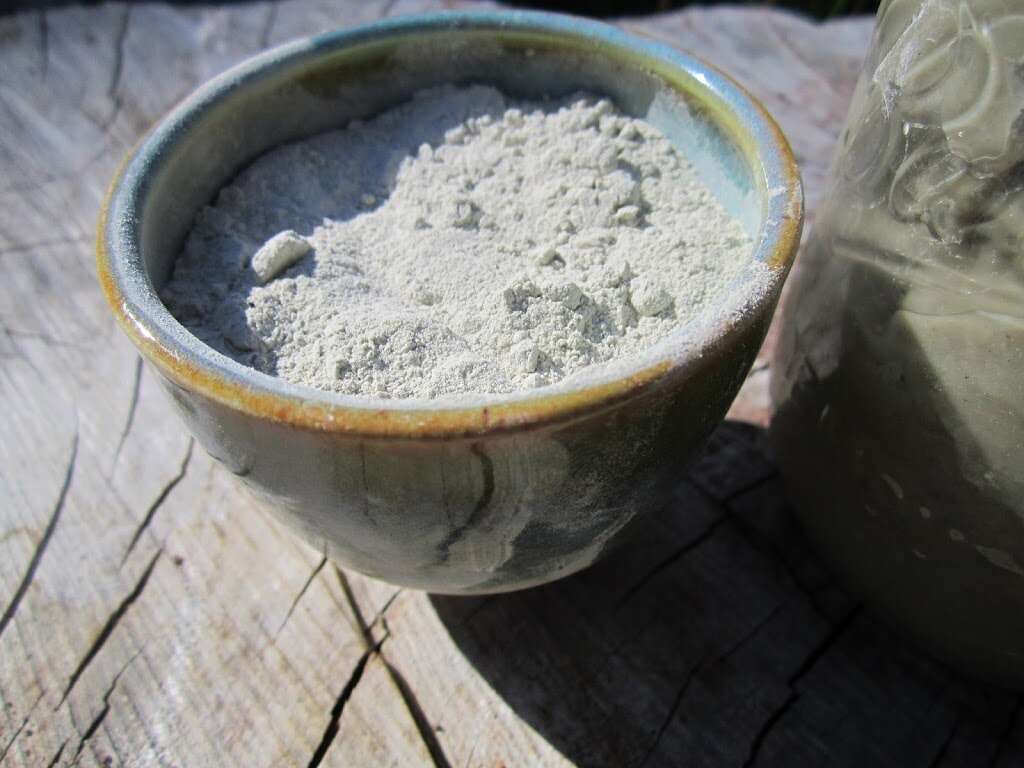
Diarrhea Remedy #10: Zinc
Zinc is an important mineral for cellular growth, differentiation, and metabolism. Although zinc deficiency is rare, mild to moderate deficit is quite common worldwide. It has been proven to reduce the duration and severity of diarrhea. Zinc also prevents subsequent episodes for two to three months although the exact mechanism of its anti-diarrheal effects is yet to be fully understood. It is effective regardless of the type of salt used (it can be zinc sulphate, zinc gluconate, zinc acetate).
It has also been observed that zinc deficiency increases the risk of gastrointestinal infections and impaired immune function. While the benefits of zinc supplements in the treatment and management of diarrhea are established, it is not used widely as it is not appreciated by many physicians or health care workers. There is also the need to establish the optimal dose for each individual.





